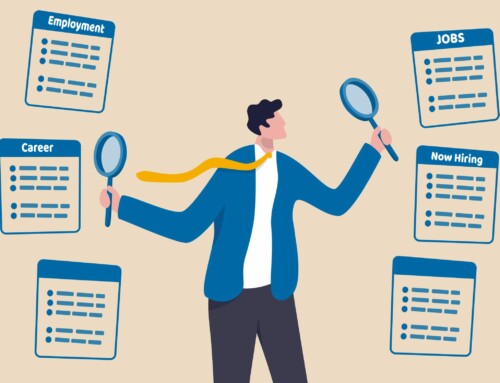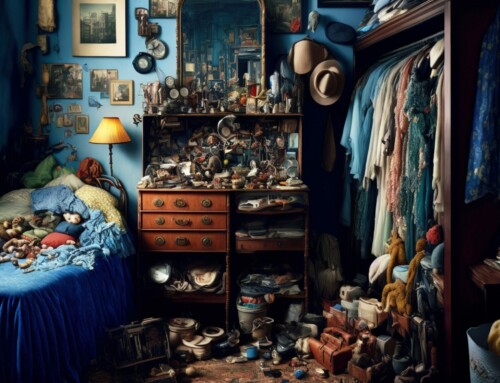The labor market, althought not at first sight , is expanding with new jobs. This applies in particular professions that are related to modern technologies- their creation, but also management. In the past people chose one job and developed it throughout their lives. However, in connection with artificial intelligence, robots, and automation, there are often fears that people may lose their jobs and will be replaced by machines.
According to an Oxford study, up to 47 % of current jobs could be automated in the next 10 years. About 15% of existing positions will disappear, another 32 % will change radically and new technologies will create completely new jobs that do not exist today.
Productivity consultant
With an emphasis on productivity and new tracking technologies, people will need help improving their productivity. With coming of automated processes they will need help also with following the rules of proper posture where standing or sitting, when compiling a work schedule or carrer guidance.
Robots controller and operator of drones
Driverless cars should be 100% autonomous and will completely eliminate people from driving. But it does not apply to all robots. Some are able to drive on their own, but they are still supervised by people. Such a person does not have to be physically located in the same place (even in the same country) as the robot he is supervising.
Operators who monitor each delivery van( and can monitor 100 robots simultaneously) can take command of them remotely. The situation will be similar for drones , which will include monitoring the entire fleet of drones while performing tasks. Only when a certain efficiency benchmark is reached is it likely that robots will be able to carry out their missions completely independently. Until this happens, this work will be quite common for humans.
Communicator
The ability to communicate has always been important. As machines become more and more common, the importance of this skill will continue to grow. It´s a great example of how machines and people can interact in the workplace. Of course, it will be necessary to be able to deal with both factors – humans and machines.
Digital detox therapist
Imagine being able to carry 80% of your life behind a computer and other modern technological advances of the future. Then you will need an expert who will specialize in dealing with stress from all equipment and will create non-traditional cleansing zones for you.
Artificial intelligence assistant
As the example of the robots controller shows, there are still many ways in which people have to intervene in the process of creating machines that act intelligently. Human intelligence is needed for machines to gain more intelligence. It will be very necessary to help improve these systems by including the necessary human qualities. The better the artificial intelligence, the higher the requirements for the role of such an assistant.
Personal digital data controller
Maybe today you can handle everything yourself. But in a few years, you will be looking for a specialist that will take care of your suite of applications, hardware, and software, and find the information you need for your evolving personality and career.
An archivist of client´s life personal data
In the age of fully archived life, it will be necessary for experts in the field of administration and archiving to catalog and meaningfully sort the digital content of personal data. And then they will identify the potential use of life data to create diary or CV.
Another interesting and uncommon futural job positions are:
- microbial balancer,
- corporate chaos expert (disorganizer),
- attraction consultant,
- speculator with alternative currency,
- manager of online identity deletion after the user´s death,
- cultural skills manager,
- a specialist in obtaining mass financing,
- school management advisor,
- personal data protection consultant,
- personal advisor via skype,
- meme agent.
According to experts, we are affected by constant changes. The labor market will require up to 60% entirely new professions in the next 10 years. While in the past a person´s career was stable and unique, today the profession is more complex, more specialized and constantly changing and evolving.






